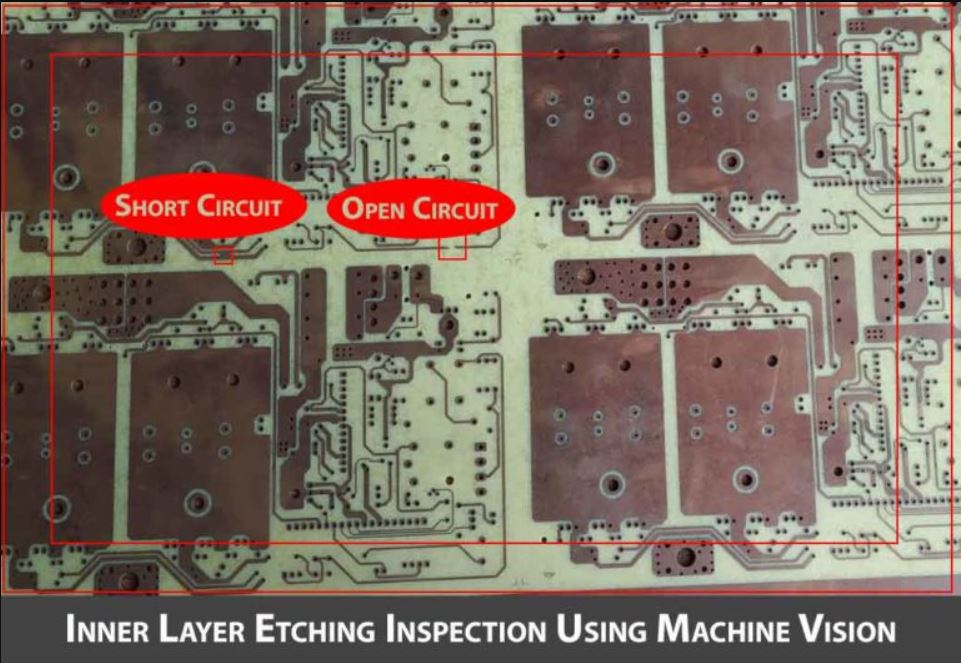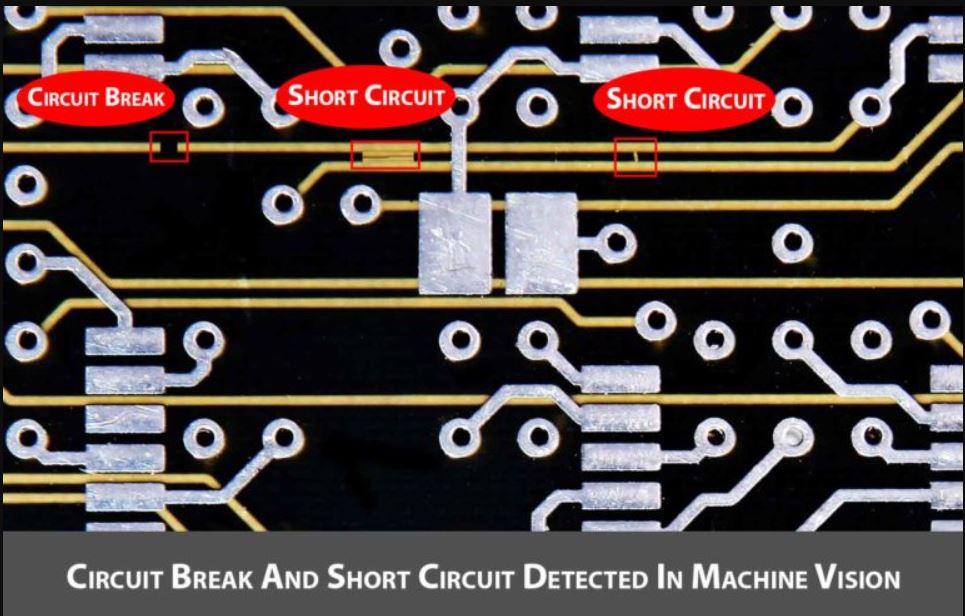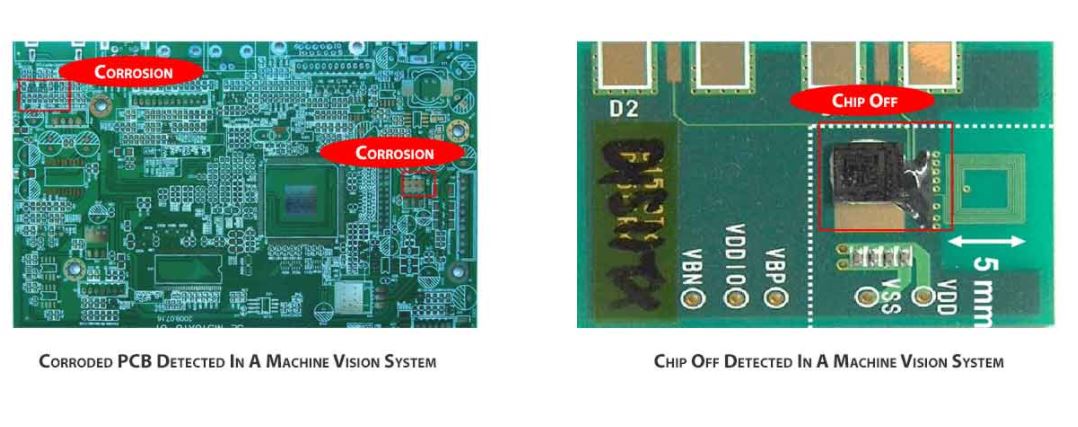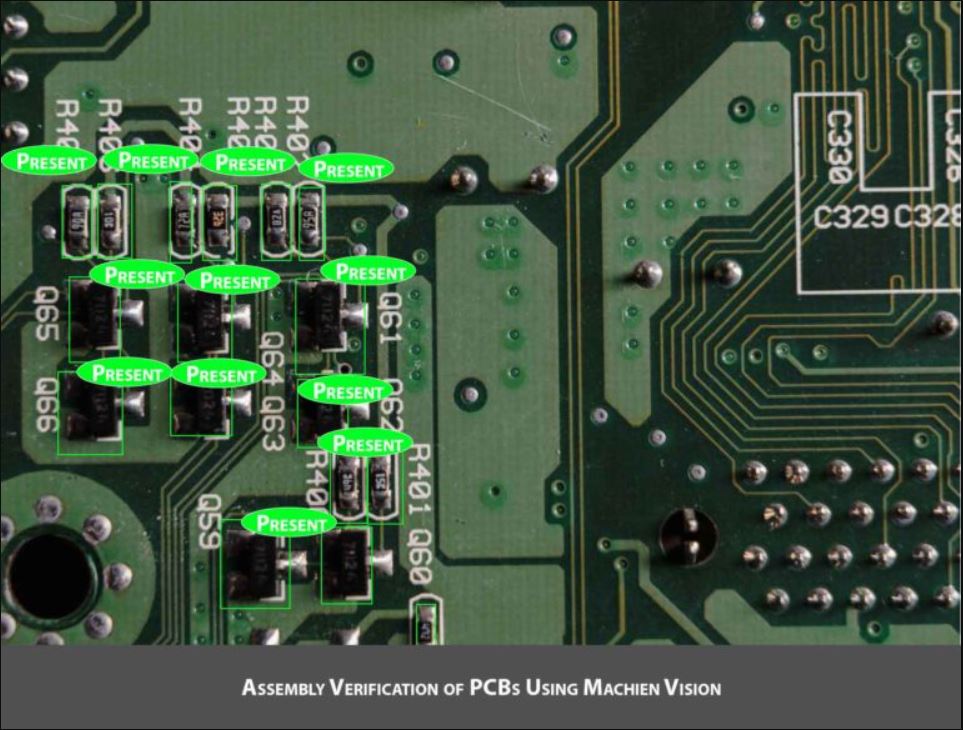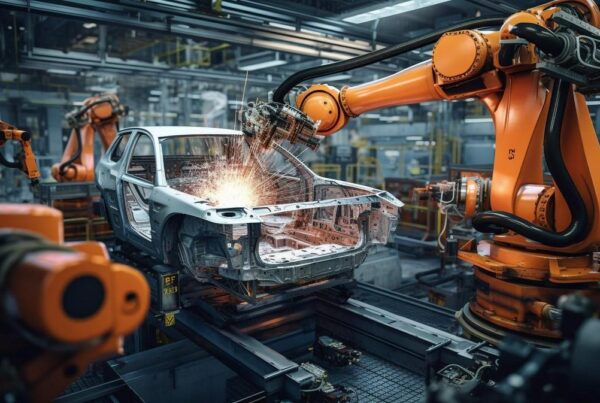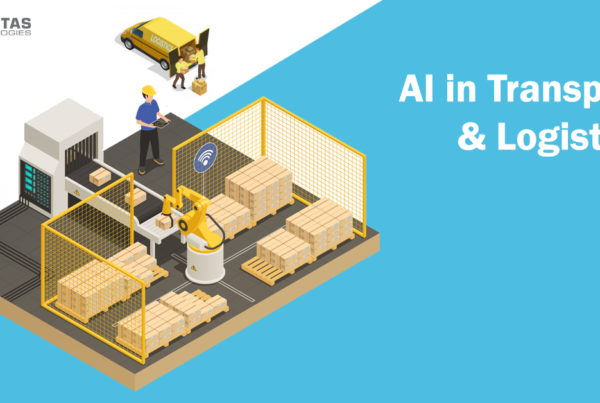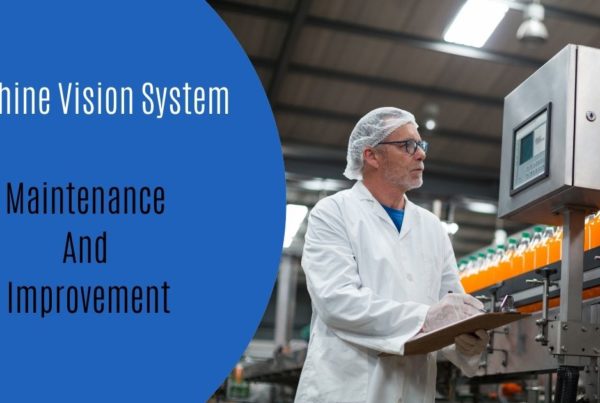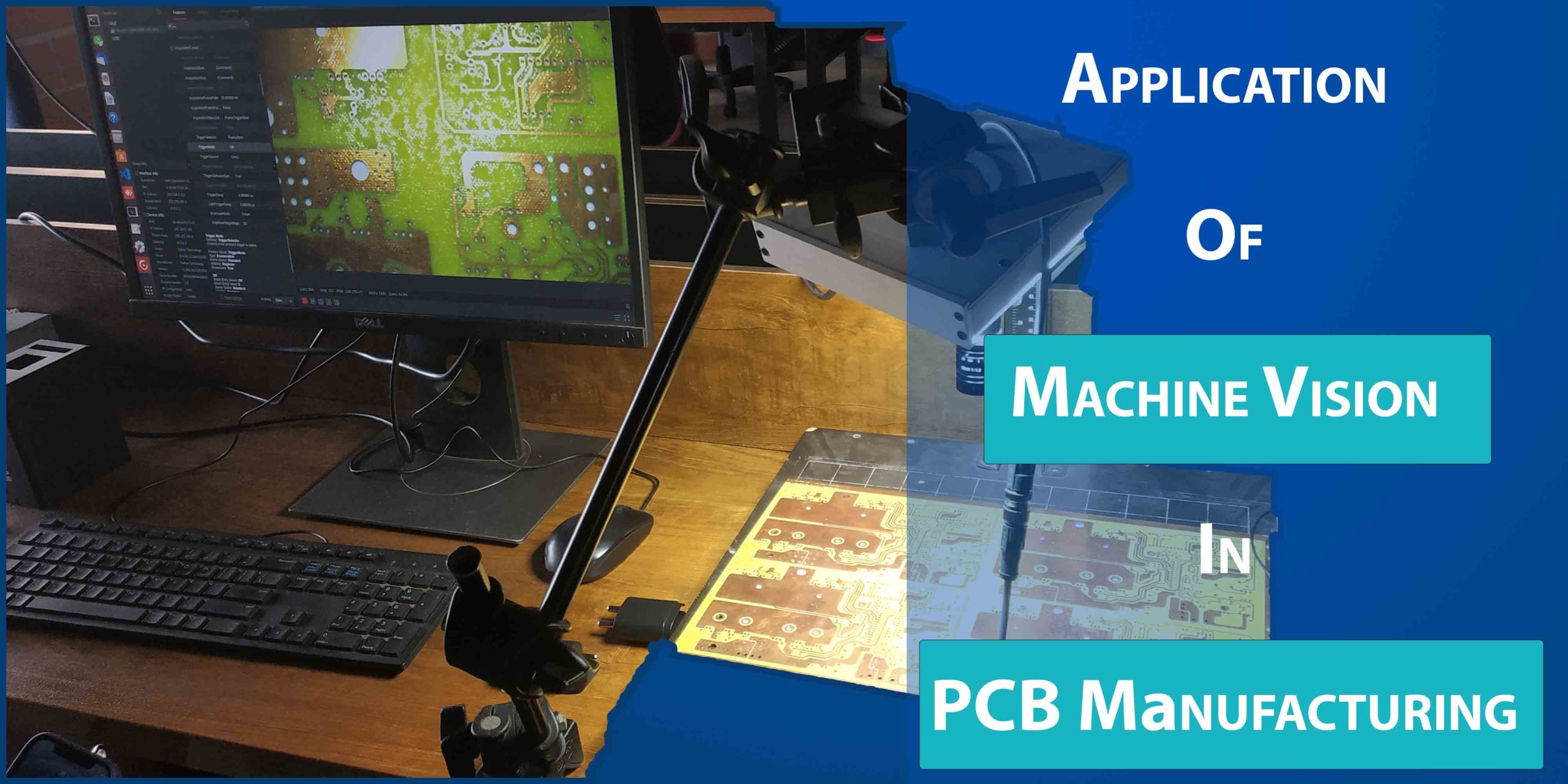
A PCB goes through multiple processes while manufacturing and visual inspection checkpoints are crucial throughout the process. There are several stages where vision systems can be deployed to maintain the quality of the circuit boards. During manufacturing of any product, the earlier you detect the defects, the less the cost of reworking would be. A highly accurate machine vision system helps a PCB manufacturer to detect defective boards reaching accuracies of up to 98 percent.
Let’s understand the stages where machine vision can be applied –
- Circuit printed film inspection to ensure circuit design is correct (After the PCB design)
- Inner layer etching inspection to ensure there are no open or short circuits
- Outer layer etching inspection to ensure there are no open or short circuits
- Final inspection of PCBs to identify scratches, chip-offs, spots, etc.
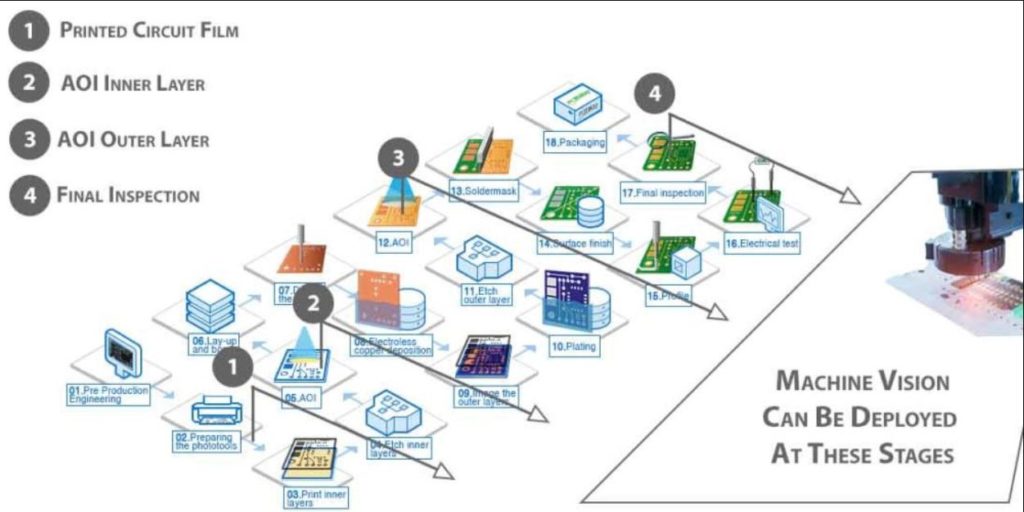
Image Source – PCBway.com
- Quality Check Of Circuit Film –
After designing, the printed films can be inspected with the help of a machine vision system. This part of the process ensures the correct design of conductive and non-conductive parts on a PCB.
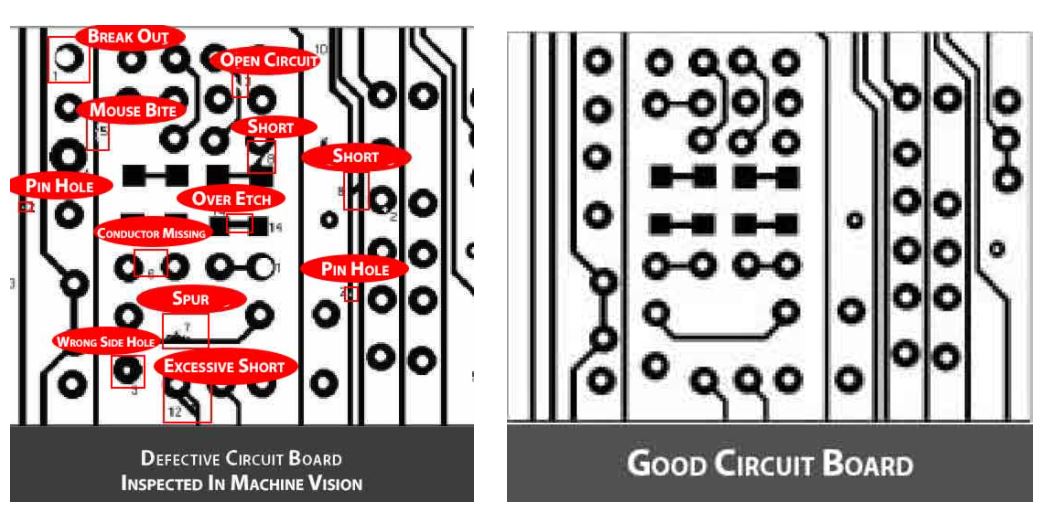
Image Source – Researchgate.net
- Inner layer etching inspection to ensure there are no open or short circuits
Etching on the PCB needs to get inspected with accuracy. Inner layer etching inspection is an early-stage process and is done to ensure there are no defects on the board.
- Outer layer etching inspection to ensure there are no open or short circuits
Inspection is required after the outer etching process. Here is an example of – how machine vision can easily identify the defects on a circuit board.
- Final Inspection Of Bare PCB –
The inspection is required at the final stage of PCB manufacturing to check for scratches, chip-offs, spots, corrosion, etc.
Quality Check Of PCBs Before Installation –
- Assembly verification of assembled PCB to check the presence/absence of the components
- Solder paste inspection is done before assembling PCBs on a machine
Inspection After Assembly –
A circuit board then gets assembled. Here a machine vision system helps to verify the assembly of a circuit board. A vision system verifies the assemblies in less than 2 secs, with a 97% accuracy. Below is the given picture showing the assembly verification of a PCB using an AI-based machine vision system.
Solder Paste Inspection –
Solder paste inspection and assembly verification play an important role in the inspection of PCBs. Assembly verification checks for the presence/absence of the elements whereas the solder inspection ensures the integrity of soldering.
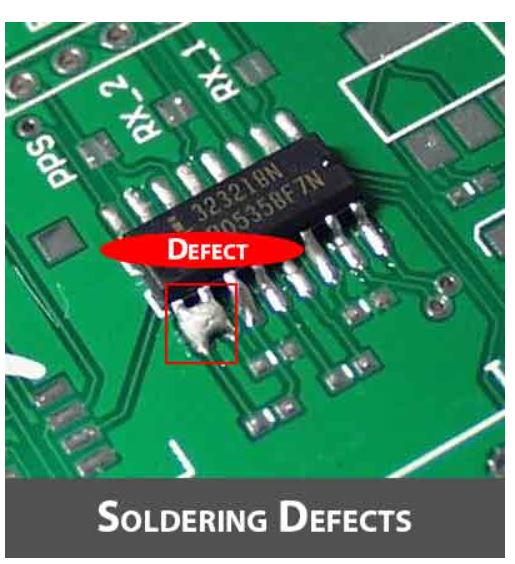
Training PCB Components –
An AI-based Machine Vision system needs to get trained for more accurate and efficient results. A set of images is required to train a machine vision system by performing annotation. Artificial Intelligence works with data, the more data (images) you provide to train the system higher the accuracy would be.
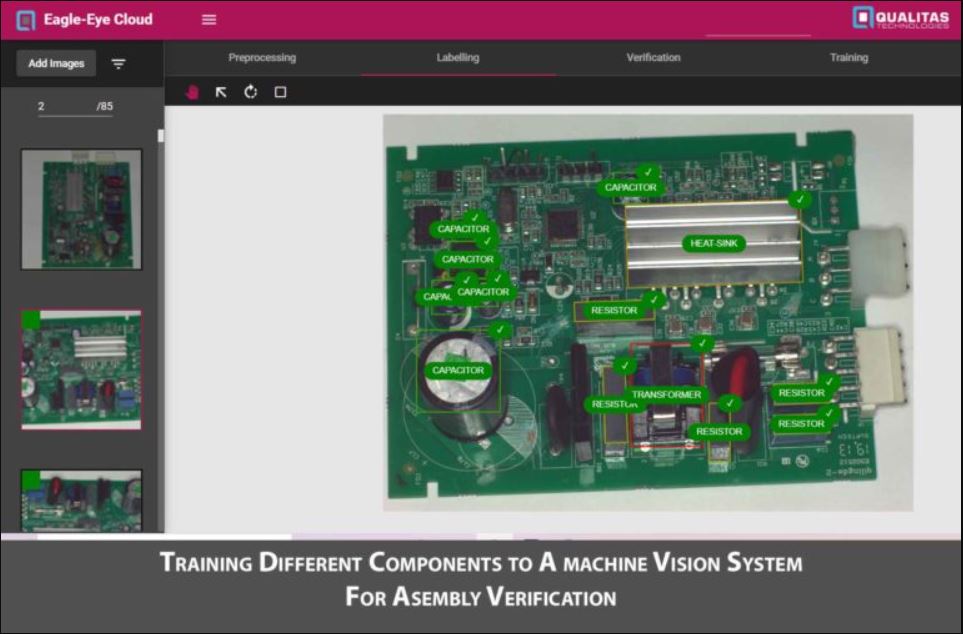
The above image shows how machine vision software gets trained in a cloud-based app.
After machine vision gets trained and deployed in the production line, defect detection takes place in real-time. PCBs are inspected in a stationary environment by placing them under the camera followed by image acquisition and processing. Vision systems can identify the defects/flaws in less than 2 seconds.

